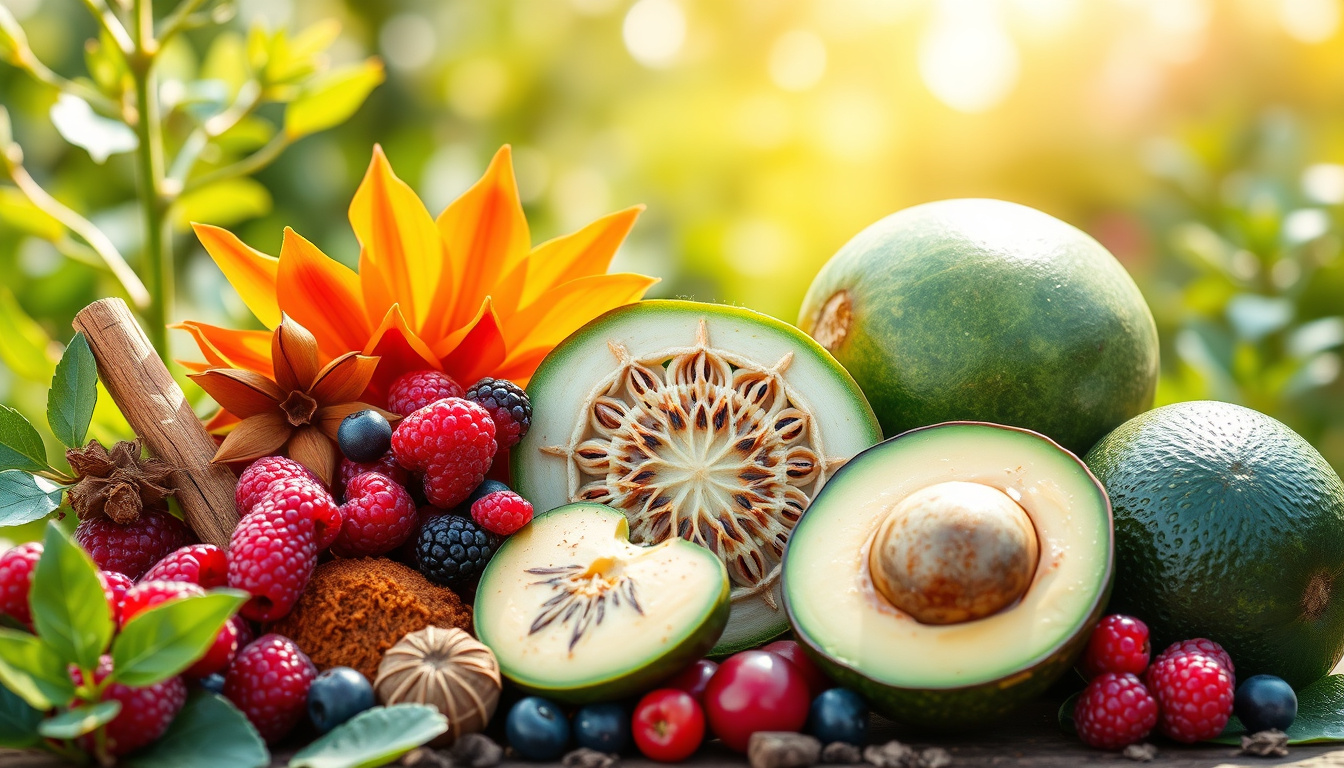Harnessing Nature: Effective Natural Remedies for Managing Diabetes
 Jill Smith
Jill Smith
Diabetes has become a pressing concern globally, affecting millions of individuals and prompting a quest for effective management strategies. Among these strategies, natural medicine has gained traction as a complementary approach to traditional treatment. This article explores various natural remedies that may aid in managing diabetes, focusing on type 2 diabetes, which is most common.

Understanding Natural Remedies for Diabetes
Natural remedies can encompass a variety of therapies, from dietary supplements to lifestyle modifications. While they may aid in blood sugar control, it is essential to consult a healthcare provider before incorporating these into a treatment plan. Such consultation is crucial to avoid potential interactions with prescribed medications and to optimize diabetic management.
Top Natural Remedies
-
Apple Cider Vinegar (ACV): ACV has been shown to reduce fasting blood sugar levels and decrease the glycemic load of meals. Consuming a couple of tablespoons before meals or at bedtime may enhance glucose control.
-
Fiber-Rich Foods: Increasing fiber intake can significantly benefit blood sugar regulation. Barley, beans, and various vegetables are excellent sources of fiber. The recommended intake is around 30 grams daily, but many individuals fall short.
-
Chromium: This vital mineral can enhance insulin action and improve glucose metabolism. Found in whole grains and certain meats, chromium supplementation may assist in lowering blood sugar levels, although caution is advised in renal patients.
-
Cinnamon: This common spice has been linked to improved insulin sensitivity and reduced blood sugar levels. Adding cinnamon to meals or beverages can be a tasty way to incorporate its benefits.
-
Fenugreek Seeds: Historically used in various cultures, fenugreek seeds may support blood sugar control and improve cholesterol levels. It's worth noting that they can have a distinct odor, often likened to maple syrup.
-
Berberine: Derived from several plants, berberine has demonstrated promise in lowering blood sugar and regulating metabolism. However, it may interact with certain medications, necessitating medical advice before use.
-
Aloe Vera: Known for its soothing properties, aloe vera gel may also help reduce fasting blood glucose levels when consumed as a supplement, provided it is free of unbeneficial constituents.
-
Ginseng: Often recognized for its revitalizing properties, American ginseng has shown potential in reducing blood glucose levels. However, its effects can vary based on harvesting and preparation.
-
Glycyrrhizic Acid (from Licorice Root): While not universally recommended, licorice root has been explored for its possible blood sugar-lowering effects. Its safety profile merits thorough discussion with a healthcare provider.
-
Acupuncture: While primarily known as a pain management technique, some research suggests that acupuncture might help treat diabetes-related neuropathy and improve overall well-being.
Lifestyle and Dietary Changes
Besides specific herbs and supplements, certain lifestyle changes can significantly impact diabetes management:
-
Regular Exercise: Physical activity is one of the most effective natural methods for controlling blood sugar levels, improving insulin sensitivity, and aiding weight management.
-
Balanced Diet: Incorporating a variety of whole foods, particularly vegetables, fruits, lean proteins, and healthy fats, can have a positive impact on diabetes control.
-
Stress Management: Techniques such as mindfulness, yoga, or guided imagery can reduce stress, which is beneficial for overall health and can help manage blood glucose levels effectively.
Important Considerations
While natural remedies can aid in managing diabetes, they should not replace conventional medication or treatments. Individuals should consider:
-
Consultation with Healthcare Providers: Always discuss new treatments, including herbal supplements or significant dietary changes, with your healthcare provider.
-
Potential Drug Interactions: Be aware of how certain natural remedies can interact with diabetes medications or other treatments.
-
Monitoring Blood Sugar: Regular monitoring is crucial to understand the effects of both natural remedies and dietary changes on blood sugar levels.
Conclusion
Harnessing natural medicine can provide valuable support in managing diabetes, particularly when combined with traditional treatment methods. Individuals interested in exploring this avenue should do so cautiously and under professional guidance. Embracing a holistic approach, including lifestyle modifications, can lead to improved health outcomes and a better quality of life for those living with diabetes.
Turn Back the Clock: Unlock the Secrets to Reverse Diabetes in 30 Days. Don't Wait! Download Now
Subscribe to my newsletter
Read articles from Jill Smith directly inside your inbox. Subscribe to the newsletter, and don't miss out.
Written by
